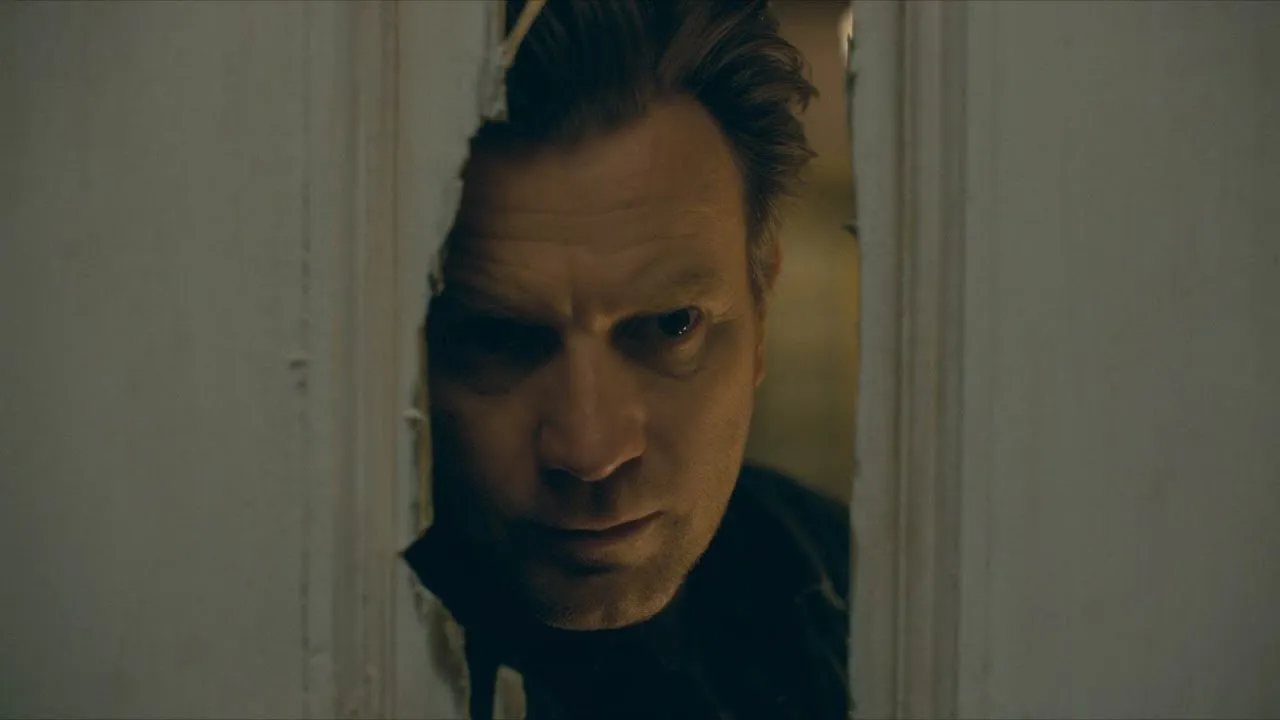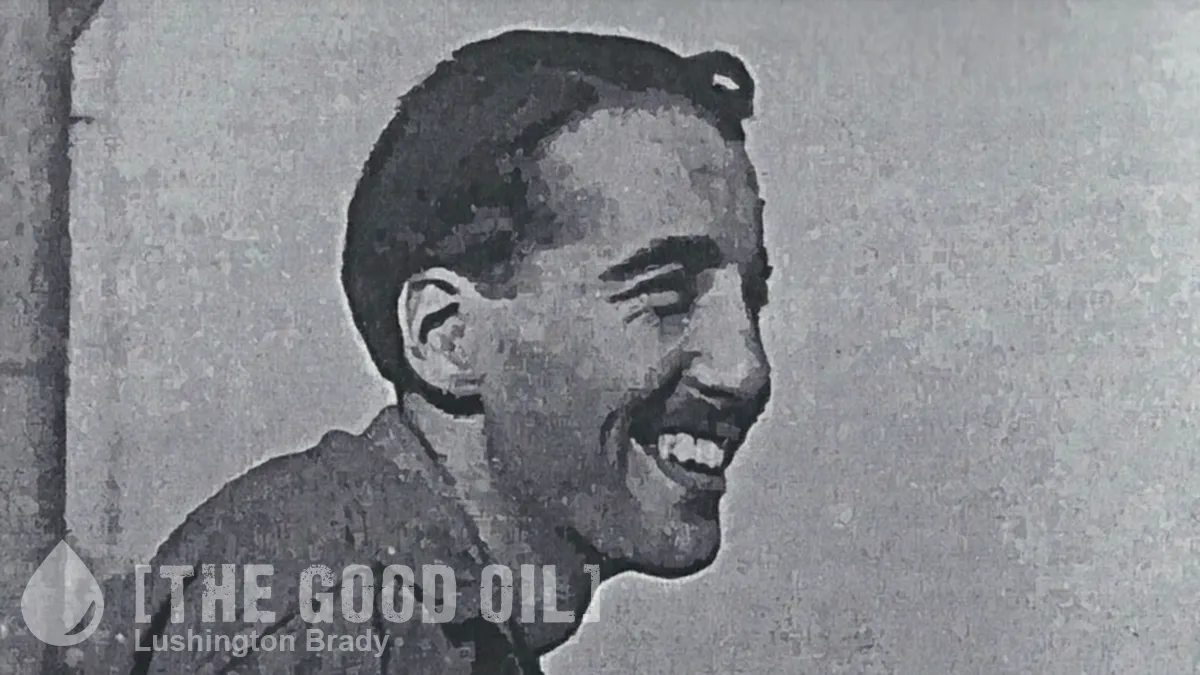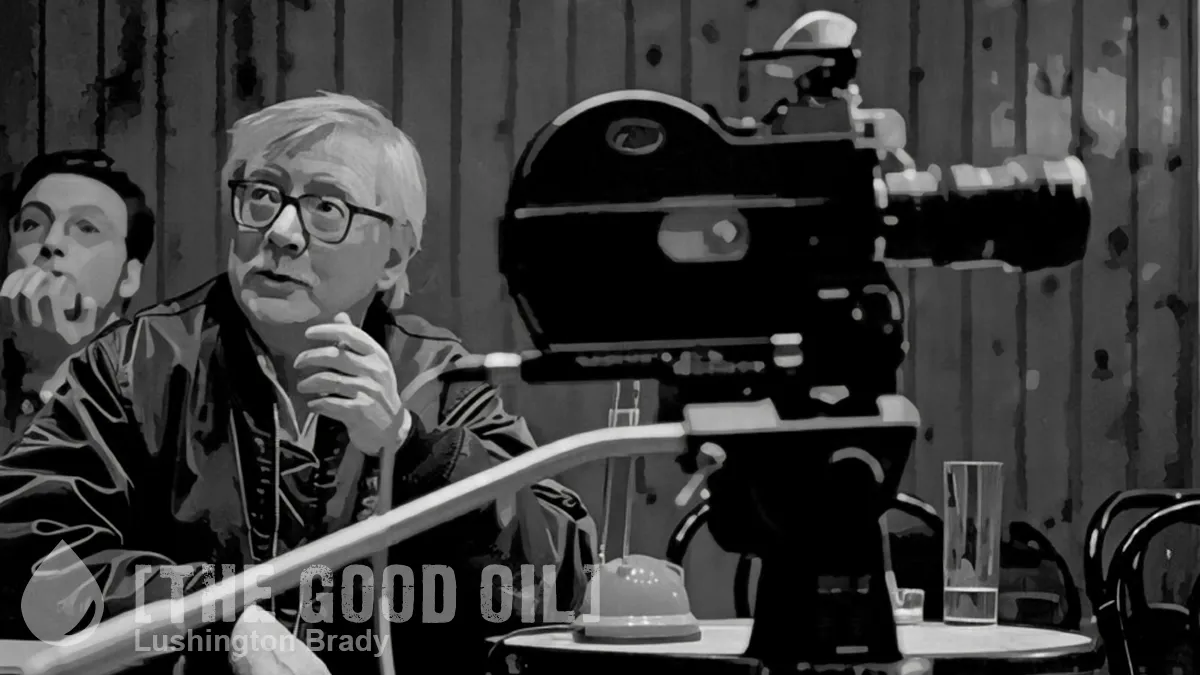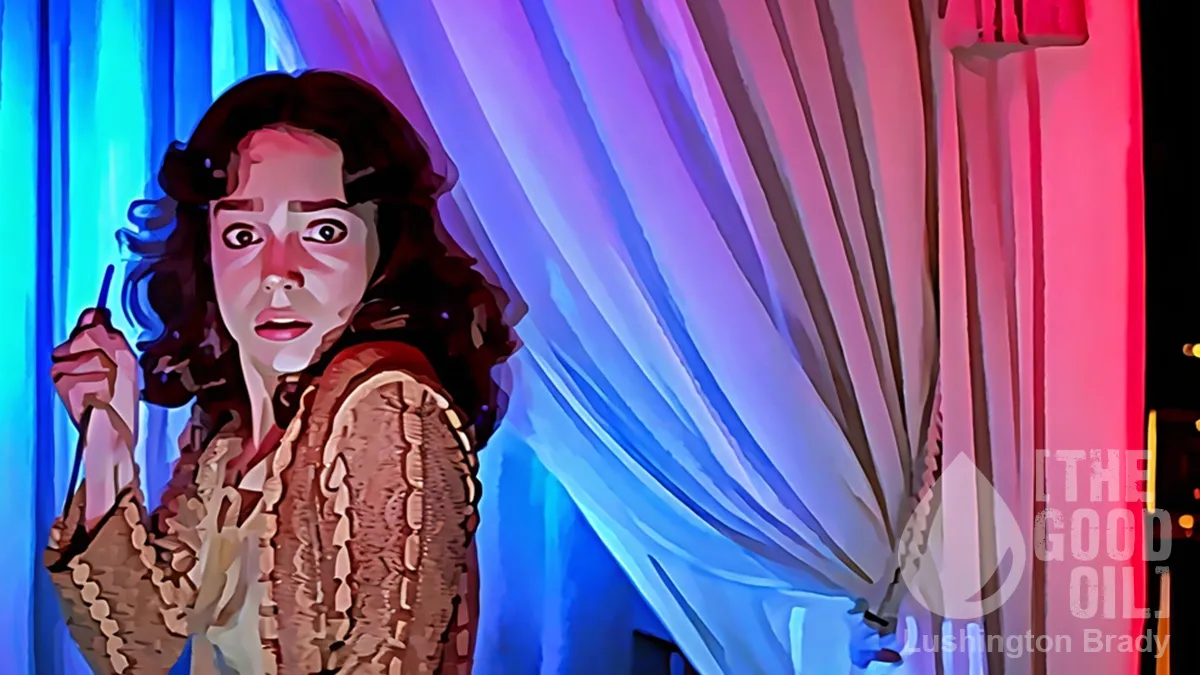Table of Contents
Burn, Hollywood, Burn
A regular review by John Black
Dr Sleep, the long awaited, much belated sequel to the classic horror The Shining is a bonfire of lost opportunities.
The original Stephen King novel of an alcoholic writer, Jack Torrance and his wife and psychic child stranded in the Overlook Hotel was turned by genius/madman Stanley Kubrick into a 1980 film that many rate as one of the greatest films of psychological terror ever made. Much of the novel was given over to the visions of the son, Danny – there being nothing King likes more than characters with ‘special’ abilities, eg Carrie, Firestarter, The Dead Zone. However, in the film the focus was on the psychological disintegration of Jack. Typical of Kubrick, it had enough ambiguity and ‘readings’ to give a film geek multiple Os. The documentary Room 237 was devoted to these various interpretations including that the whole thing was an allegory for the holocaust and Kubrick’s personal secret confession of his role in faking the Moon landing.
Well bollocks to all that. With apologies to Freud, sometimes an axe in the face is just an axe in the face.
But one major theme is clear in the adaptation and it doesn’t require a three year uni course in semiotics to understand: the pressures on the nuclear family and the role of men within it. Jack Torrance is a struggling writer who takes a caretaking job in order to support his family while he works on his writing. The interruptions of his well-meaning wife spark an unintentionally hilarious rant from Jack about the importance of not disturbing his ‘work’. Later when she suggests leaving the Overlook to get help for Danny, he launches into another tirade. ‘Have you ever thought about my responsibilities to my employer?’ he rages, accusing her of sabotaging him ‘when I’m really into my work’. Later this ‘work’ is revealed as nothing but pages on pages of a single sentence ‘All work and no play makes Jack a dull boy’ neatly typed out in double-space. Here is a man cracking up under the strain of balancing work and family responsibilities. The final shot of a photograph of a long ago party at the Overlook is a grim joke. The dead Jack is in there, grinning from ear to ear; he may be dead but at least he’s free. These sequences are not in the King novel. For Kubrick, the true horror is not supernatural but domestic. I wonder if his wife saw it.
So the question for the filmmaker attempting a sequel is which template do you follow, Kubrick or King?
It’s hardly surprising these days that Hollywood took the safer, artistically pusillanimous course.
Dr Sleep is heavy on the supernatural. The King book on which it is based introduces new monsters, something between witches and demons, which feed on the souls of psychic kids in order to prolong their lives. Their leader, played by Rebecca Ferguson, is Rose ‘the Hat’, so called in highly imaginative fashion because she um, wears a hat. Her band of soul suckers eventually tangles with the grown-up Danny (played by the always good Ewan McGregor), a boozer and rage monkey following in his Dad’s stumbling alkie footsteps. He forms a friendship by psychic link with a young girl whose ‘shine’ is of extraordinary power. It all climaxes at the Overlook Hotel when the psychics do psychic battle and the ghosts of the Overlook come out to play. The result is a competent horror movie, but without the edge or even an attempt at the edge that The Shining had.
Late in the film, Danny enters the hotel bar and confronts his father who is now part of the Overlook’s ghostly menagerie. It is a brief scene, if distracting, because all you are thinking is ‘that guy looks nothing like Jack Nicholson’. However here is where the film could have really kicked into gear. The idea of inheriting your parents’ sins, of being haunted by genetic weakness for addiction, violence or madness is terrifying. Add to that the pressures on men, and family breakdown (both of which I would argue have increased since the original movie) and the turmoil of the masculine role in our current culture, and you have plenty of fodder for a truly scary psychological take on Danny’s dilemma.
A rich seam that director Mike Flanagan ignores in favour of ghostly boos and kids with handy ‘special’ powers.
We needed Jack back. A focus on Danny’s relationship with his insane violent father and the wider struggles of men would have given this workman-like horror, well, some balls.
Perhaps the producers thought the tribulations of the white male Danny might not elicit the audience sympathy or the Woke Hollywood approval they wanted. It may not be entirely coincidental that the nominal hero of the finale is a black girl.
I guess it’s always more reassuring when the horror is external phantasm rather than something as unavoidable as the family unit. Or indeed, dark inherited flaws within ourselves that will stay with us forever and ever and ever and ever….









